




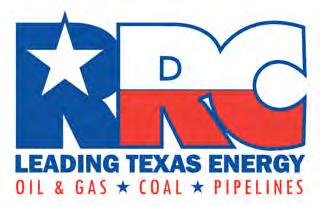

The Railroad Commission will launch the RRC Mapping Automation Portal (RRC MAP) in a few months to help operators and the agency stay on top of ensuring natural gas supply during weather emergencies. RRC MAP allows oil and gas and pipeline operators to identify and confirm facilities that are a part of the natural gas supply chain for power generation in Texas.
RRC MAP is an information gathering portal that links facilities in the natural gas supply chain from upstream production and disposal to the power plants.
Free, in-person and online training sessions will be held to inform and train operators on actions needed to prepare for the application release. Topics will include responding to email and certified letter notifications from the RRC, confirming and identifying facilities, and what happens when an operator fails to respond to notifications.
The online and in-person training sessions are scheduled for these days:
• November 7, 2024 – Webinar
• November 20, 2024 – Midland
• November 21, 2024 – Midland
• December 12, 2024 ¬ Houston
Registration is required to attend the sessions. For more information and to register, visit the RRC website.
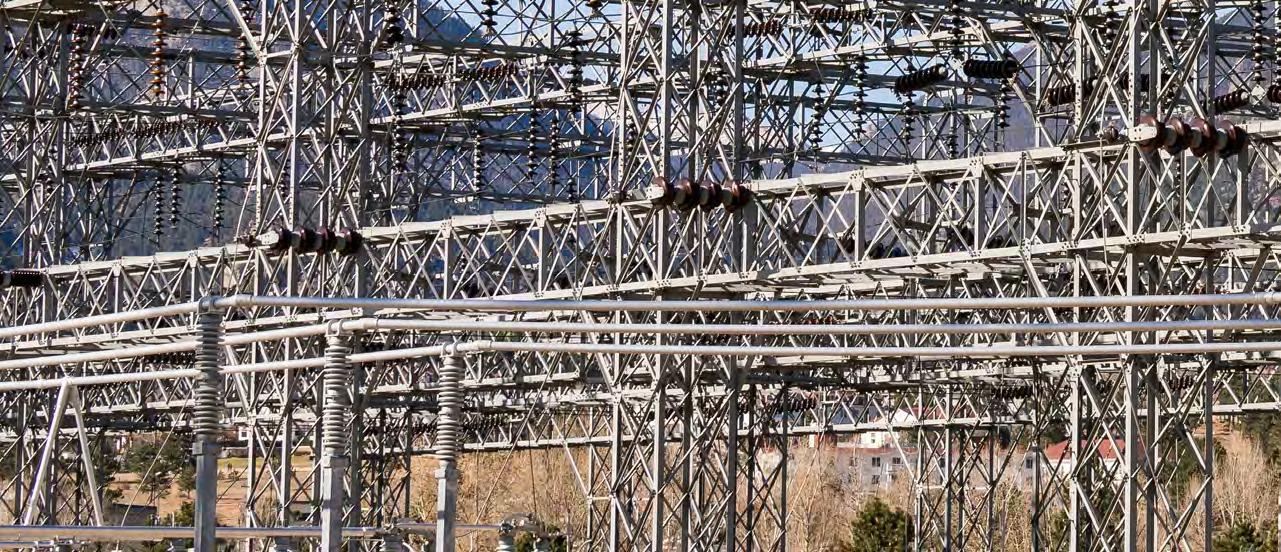
For more than three decades, National Energy Awareness Month has been celebrated in October to highlight the importance of the nation’s energy resources and the need for the sustainable management of those resources.
Throughout October, the RRC messaged energy awareness through social media and other channels.
Produced hydrocarbons play a crucial role in our lives, from providing fuels for transportation, electricity and heating to manufacturing everyday consumer materials like plastics, medicine, medical devices, fabrics, fertilizers and other byproducts of oil refining, such as asphalt for roads.
As the regulator of the largest oil and gas producing state in the nation, the Railroad Commission plays a vital role in the stewardship of natural resources and in ensuring public safety, while supporting the state’s long-term economic vitality in the energy landscape.
Gas flaring in the state is one such example. Despite a record year for oil and gas production in 2023, Texas saw a significant reduction in its flaring rate at facilities. The Commission has taken concrete steps to reduce flaring by tightening procedures to flare gas, providing incentives for using flaring reduction technologies, and requiring operators to provide specific justification for their need to flare. The numbers bear witness to those steps. Since June 2019, the flaring rate in Texas, which is the percentage of the amount of gas flared compared to the amount of gas produced, has dropped by 63 percent. According to data from July 2024, the flaring rate was under one percent, meaning that more than 99 percent of gas produced in the state was being beneficially used!
Another energy-related issue the RRC has recently tackled head on is that of seismic activity possibly caused by underground injection of produced water, a byproduct of oil and gas production, into disposal
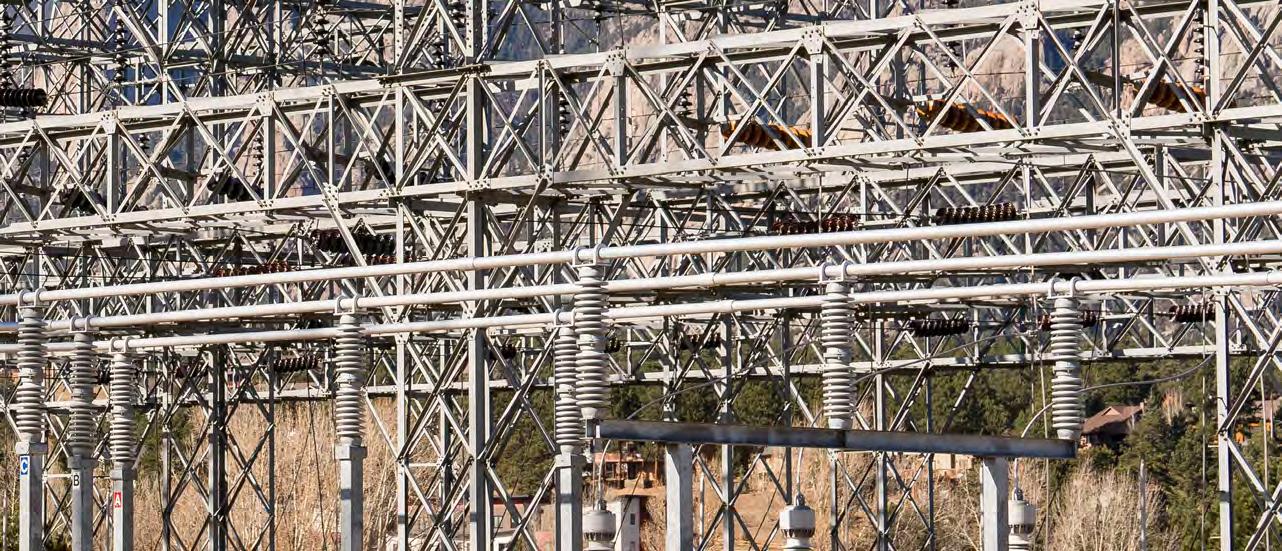
wells. While this disposal process is vital to production, the RRC has leveraged modern technology to mitigate seismic risks. The agency now employs automation and machine learning to help staff with seismic reviews in the permitting process for disposal wells. A machine learning algorithm helps manage the large volume of information that needs to be processed, which allows technical analysts to perform their jobs more efficiently.
“Texas is the national leader is energy production,” said Chairman Christi Craddick. “Energy Awareness Month is a great opportunity to highlight the positive impact this industry has on Texas, the U.S., and the world. I’m proud to lead the regulatory agency that provides responsible and reasonable regulation to the oil and gas industry and look forward to Texas continuing to lead in this critical field.”
“Most Texans don’t realize the immense value of our state’s oil and gas production which powers more than just the state, it fuels the nation and world,” said Commissioner Wayne Christian. “According to the Texas Oil and Gas Association, if Texas were its own nation, the Lone Star State would be the third largest producer of natural gas and the fourth largest producer of oil. If America wants low
power costs, energy independence and geopolitical stability, it will need federal policies that encourage a robust oil and gas sector and enable exports of that reliable energy to the rest of the world. So long as the need for reliable energy continues to grow with the developing world, ‘Texas Tea’ will always be there to quench that thirst.”
“Texas natural resources not only power the diverse economy of our state, they also provide the fuel necessary to maintain U.S. energy independence and support the growing energy needs of our friends and allies across the globe,” said Commissioner Jim Wright. “Access to affordable, abundant energy resources like those produced here in Texas is a blessing which, too often, is taken for granted. That is why it is important that all American’s recognize the valuable contributions hydrocarbons play in our everyday lives and the important work being done by the Railroad Commission to keep Texas energy on track.”
Energy Awareness Month also highlights how consumers can help take steps to sustain natural resources. The RRC launched a webpage for the public to learn more

The Railroad Commission of Texas continued its strong track record of surpassing high standards set by the Texas Legislature to help protect public safety and the environment.
The Legislature sets annual performance measures for state agencies, and in Fiscal Year 2024 the RRC extended its string of success meeting or exceeding many measures in regulating the oil and gas industry, intrastate pipelines, surface mining, and alternative fuels.
The annual goals the agency exceeded ranged from the number of orphaned wells plugged with state funds to the number of individuals certified who store and transport propane gas across Texas.
“The performance numbers are a reflection of our staff’s dedication to serve Texas,” said Danny Sorrells, RRC Deputy Executive Director. “We help ensure safe production and transportation of the abundant resources that Texas is blessed with, which not only helps meet the energy demand of our growing state, but national and international demand as well. The agency is also looking forward to the future as we work on implementing regulations for new energy resources authorized by the Legislature.”
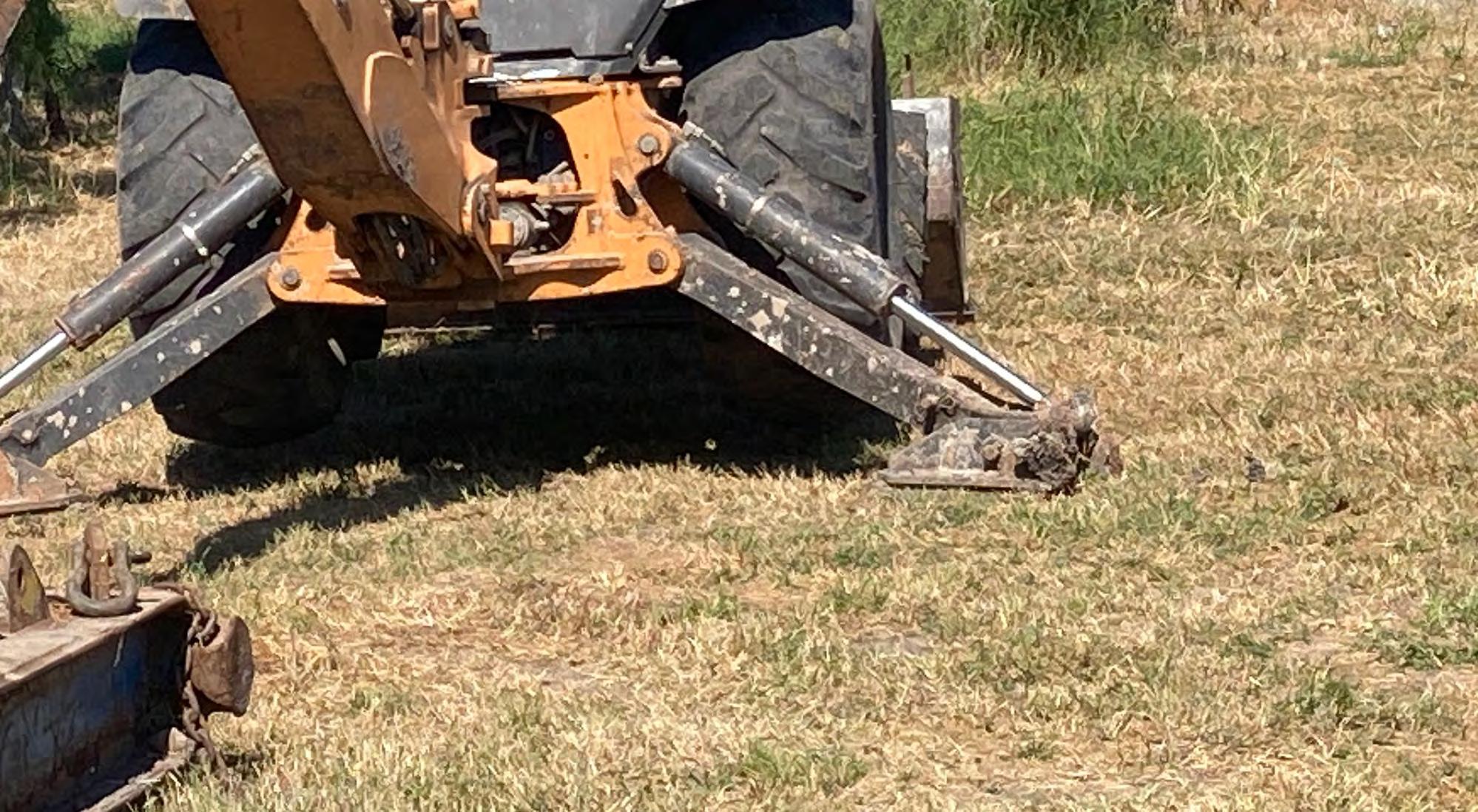
Legislative goals the RRC exceeded in Fiscal Year 2024 include:
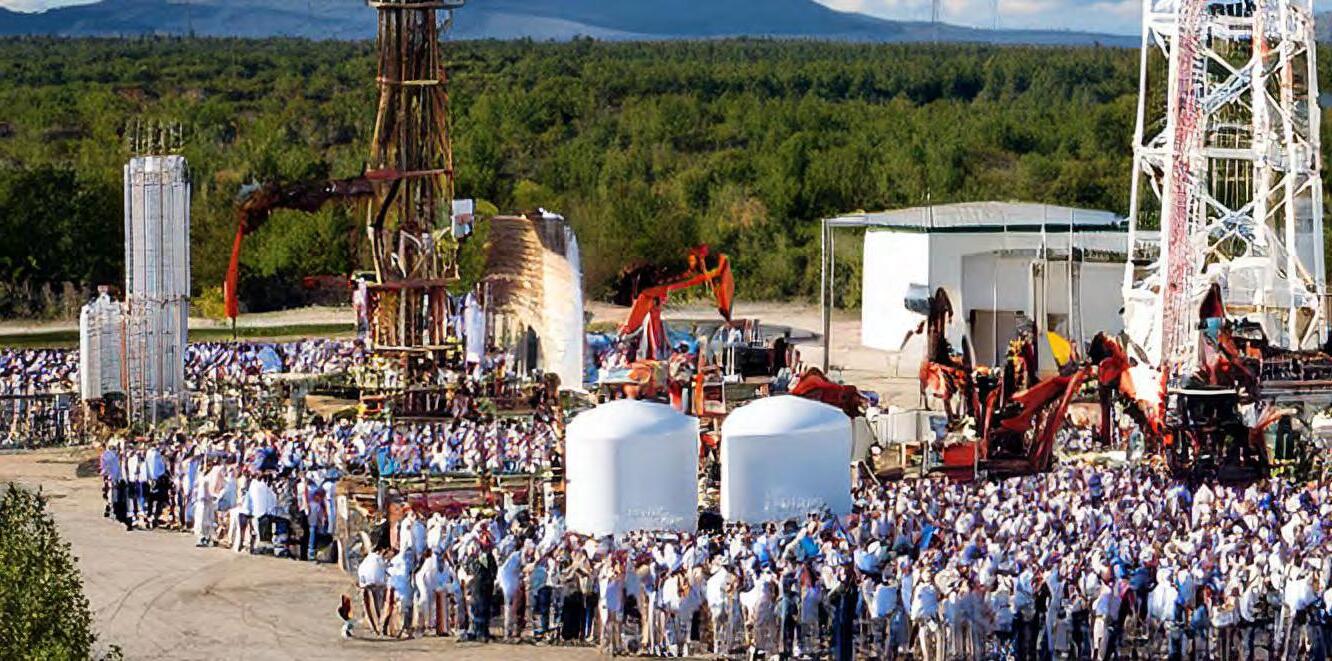
Texas has been at the forefront of energy regulation and innovation for more than a century, and the RRC has proposed new rules for public comment to administer two pieces of legislation covering geothermal energy and brine mining in Texas.
Senate Bill 786 transfers regulatory authority of closed-loop geothermal injection wells from the Texas Commission on Environmental Quality to the Railroad Commission, allowing the RRC jurisdiction and permitting authority for these types of wells.
The new rules specifically address shallow closed-loop geothermal systems, including the associated injection wells, which are used to heat or cool buildings without conversion to electricity.
The RRC is the primary agency that has oversight of injection wells, and transferring regulatory authority for shallow closed-loop geothermal injection wells to the Commission will streamline the process for operators who want to drill and operate geothermal injection wells of this type. The proposed rules require engineering and infrastructure safety measures to ensure protection of groundwater.
The proposed new rules and comment forms are available online under Chapter 6: Geothermal Resources. The deadline for comments is November 12, 2024.
The RRC is also proposing new Rule 3.82 as part of the implementation of Senate Bill (SB) 1186, which expands the Commission’s jurisdiction over brine mining.
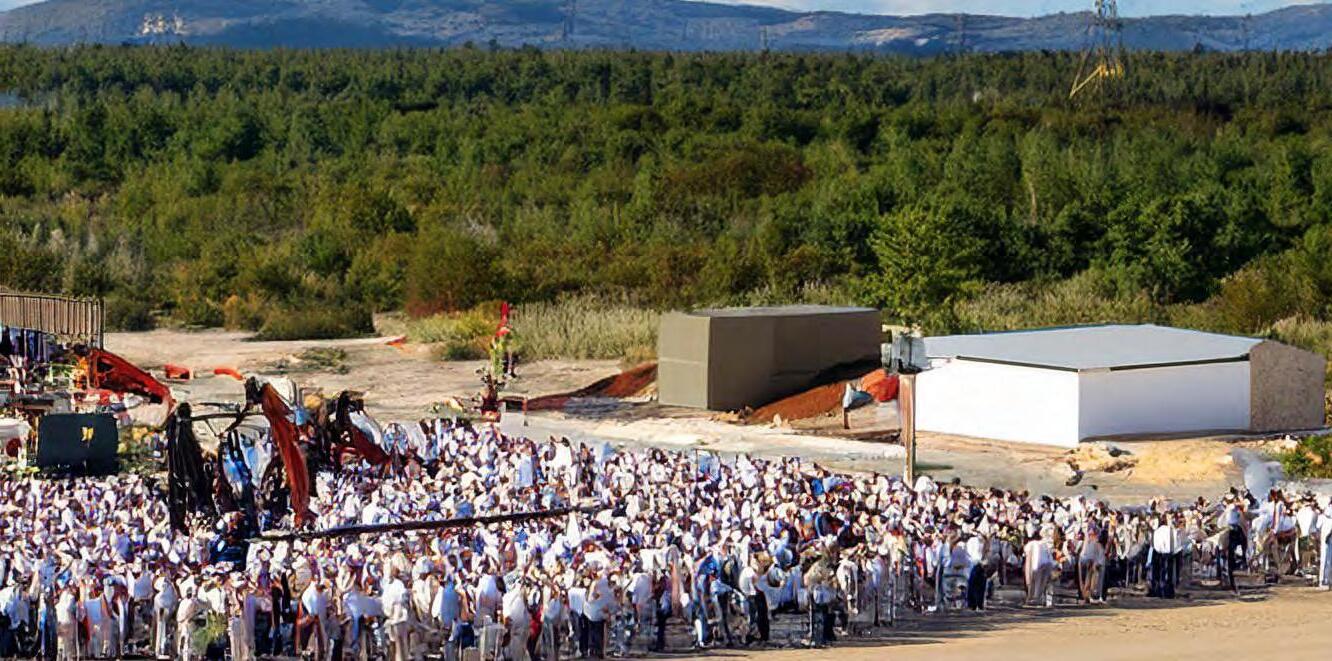
Brine mining has numerous uses like underground storage for gas and liquid, the production of salt, drilling fluids, as well as minerals such as lithium, bromine, and platinum group metals. Those minerals can be extracted from brine mining and used in sectors including the computer and energy industries.
Proposed rule 82 contains requirements for permit applications, well construction, operation, monitoring and testing, financial assurance, and closure. It will address brine production projects, including brine production wells and the injection wells into which the spent brine is reinjected after extraction of minerals. The proposal also includes statewide field rules for brine production fields, assignment of acreage, well spacing, and density provisions to promote the regular development of brine resources while protecting the reservoir.
SB1186 also directs the Commission to seek enforcement primacy from the Environmental Protection Agency for Class V brine injection wells while protecting public safety and the environment. The federal Safe Drinking Water Act allows the EPA to grant enforcement primacy to a state as long as the state’s program meets federal Underground Injection Control Program requirements. Proposed rules and comment forms can be found online under Chapter 3: Oil and Gas Division. The Commission will accept comments through 12 p.m on December 2, 2024.

October was a busy month for Chairman Christi Craddick. At the start of the month, the Chairman visited Carthage and spoke to the East Texas Gas Producers Association. East Texas producers play a vital role in the overall energy industry in Texas, so visiting with operators who keep our economy vibrant is important.
The Chairman spent time visiting with members of the Legislature discussing the agency’s budget needs. The Railroad Commission of Texas is tasked with critical roles such as well plugging, pipeline safety, and permitting for oil and gas operators. All these roles require annual funding to maintain operations, and as the leader of the agency, Chairman Craddick is responsible for explaining these needs to the Legislature. As we head into the next legislative session, she will continue to educate members on the funding needs of the agency to ensure the agency’s mission can continue to be carried out.
Lastly, Chairman Craddick represented the Railroad Commission of Texas at the Texas Energy Reliability Council meeting. Also known as TERC, this group meets periodically to ensure the Texas energy sector is prepared for emergency situations. The October meeting focused on a report to be provided to the Legislature detailing the efforts of TERC during weather emergencies, as well as recommendations for the future.

This month Commissioner Christian had an opinion editorial calling out Greenpeace and other radical environmental groups for their exploitation of tragic events, despite facts, like the pipeline accident in Deer Park, TX.
Also, check out the Commissioner’s latest podcast episode.

In October, Commissioner Wright traveled to the EPA Region VI headquarters in Dallas to represent the Railroad Commission at the Region VI Quarterly Meeting. In addition to Commissioner Wright, the Texas Commission on Environmental Quality and the Texas Water Development Board also represented the State of Texas.
Among the topics discussed during the two-day meeting was the long-term water needs in Texas, and how new supply sources must be a part of the solution. The meeting included a robust discussion about the promising developments occurring with respect to treated produced water and how this treated water could represent a significant supply source for Texas.
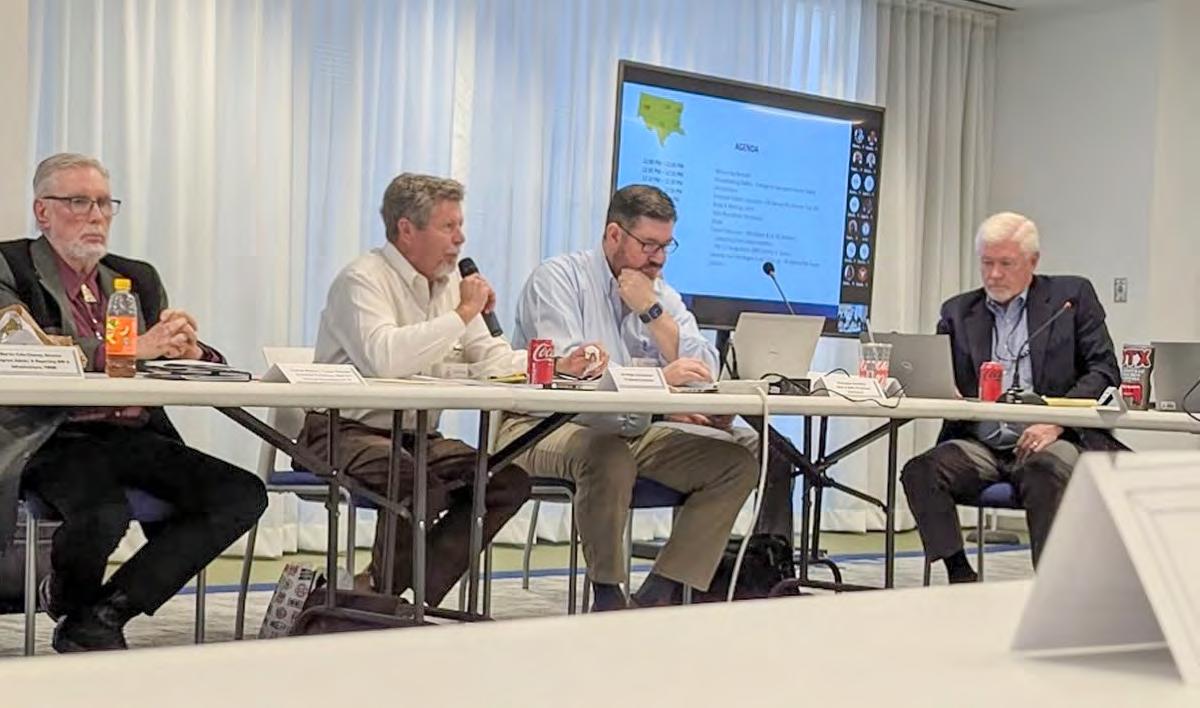

View monthly production totals of crude oil, condensate and total oil; and of gas well gas, casinghead gas, and total natural gas.
The Commission has primary oversight and enforcement of the state’s oil and gas industry and intrastate pipeline safety. View RRC’s Latest Enforcement Actions here.
The Public GIS Viewer allows users to view oil, gas and pipeline data in a map view.